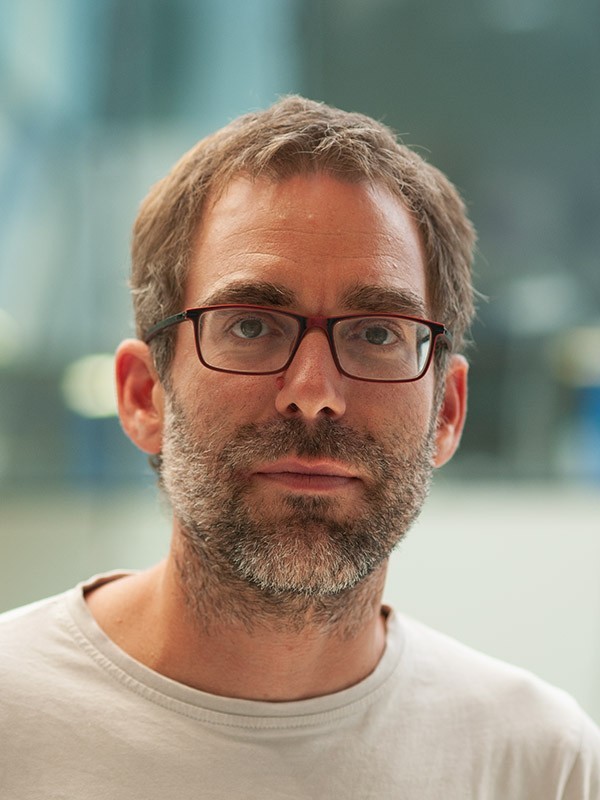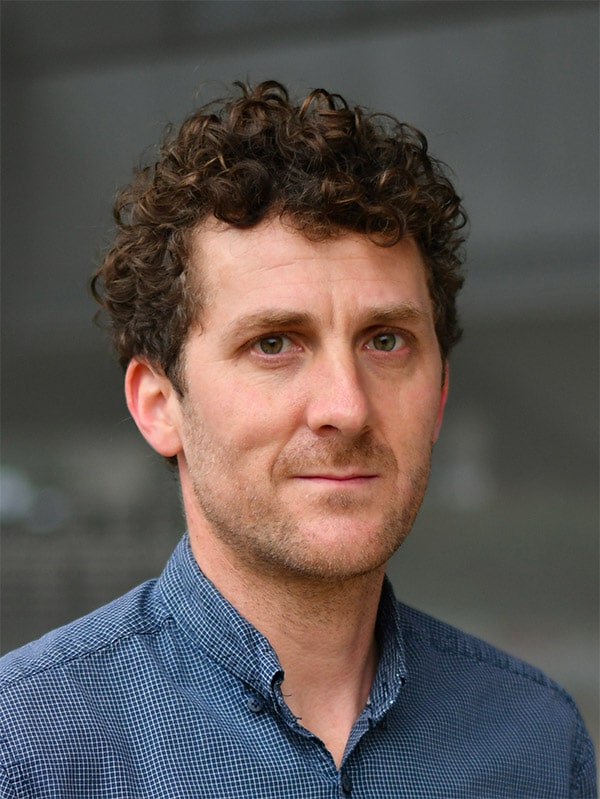Network dynamics for procedural learning
Our team aims at understanding the biological and computational principles underlying motor control and procedural learning both in normal and pathological conditions (i.e. Parkinson’s disease, dystonia, or epilepsy). We study the properties of neural networks in various brain circuits linking areas of the cortex, to the basal ganglia and the cerebellum across a wide range of species (including newts, songbirds, rodents and primates). The ambitious nature of our research, that is to understand the complex dynamics of neuronal networks, requires the constant development of innovative methods, both experimental: large-scale in vivo electrophysiological/optical recordings coupled with circuit-specific perturbations (such as opto/pharmacogenetics and closed-loop behavioural manipulations), and theoretical: analysis and simulations of biologically realistic models. Our team also relies on strong interactions between scientists performing fundamental research and clinicians working at the hospital with patients with the ultimate goal to push forward the translational impact of our discoveries.
Selected publications
- Team leaders
- Researcher(s), Hospital practitioner(s)...
- Jérôme Aupy (Maître de conférence universitaire - Personnel hospitalier)
- Thomas Boraud (Director of IMN)
- Pierre Burbaud (PU-PH)
- Emmanuel Cuny (University Teacher - Researcher - Hospital practitioner)
- Marc Deffains (Researcher)
- Alexis Dubreuil (Researcher)
- Dominique Guehl (University Teacher- Researcher)
- Engineer(s), technician(s)
- Tho Hai Nguyen
- Post-doctoral fellow(s)
- Clara Besserer
- Julien Braine
- Lise Guilhemsang
- Pascal Helson


